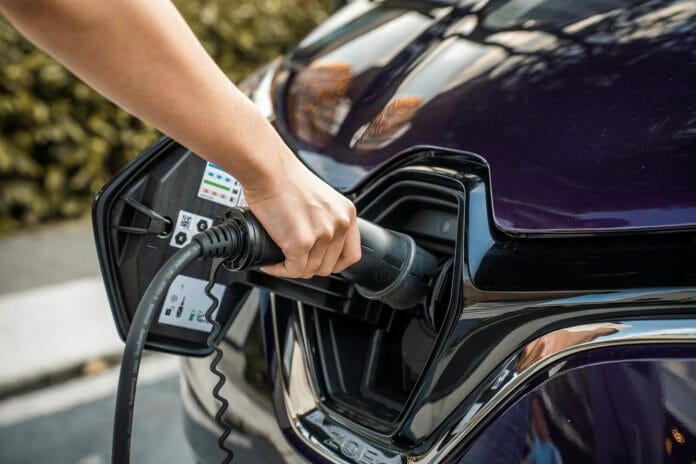In the recent flurry of new EV model launches, RHB Research (RHB) thinks that Tesla’s Model Y is a standout. It is attractively priced and may turn up the heat on competitors.
Despite incentives to encourage EV adoption in Malaysia, there are currently none priced below RM100k as the Ministry of International Trade and Industry’s (MITI) approved permit (AP) policy prevents the importation of EVs priced below RM100k.
“While EV adoption continues to grow, it has yet to reach a point where it can meaningfully boost Total Industrial Value (TIV),” said RHB in the recent Malaysia Sector Update Report.
BYD recently launched the Dolphin with an on-the-road (OTR) price of RM100.5k. Hyundai launched the Ioniq 6, and Kia launched the Niro EV.
RHB gathered that the BYD Dolphin has been moderately popular, but with its price tag of RM100k, consumers may still prefer internal combustion engine (ICE) cars.
“We also think the Hyundai and Kia EVs will likely receive a lukewarm response, given Tesla’s relatively more appealing offering,” said RHB.
Coming into Malaysia with the world’s best-selling car of 1Q23, Tesla has begun taking orders for the Model Y, with prices starting at RM199k. The Model 3 is expected to be launched in Malaysia later this year, with some news sources quoting a potential price of RM160k.
As Tesla is famous for its EVs and autonomous driving technology, we think that these prices are attractive. As such, Tesla’s presence may not only ramp up EV adoption in Malaysia, but it could also do so at the expense of other marques.
While the Indonesia-made Wuling Air is sold in Thailand and Indonesia for RM52k and RM70k, there are no EVs in Malaysia that are sold that cheaply.
This is because MITI’s AP conditions state that the importation of EVs priced below RM100k is not permitted. Hence, the cheapest EV in Malaysia is still currently the Neta V EV, priced at RM99.8k.
“We believe this policy is to protect the national marques while they work towards developing their own EVs,” said RHB.
Launched in early July, Chery’s Omoda 5 is in direct competition with Proton’s X50 and Honda’s HR-V, while the Tiggo 8 Pro competes with the Proton X90 and is a cheaper alternative to the Mazda CX-8.
Despite this competition, RHB thinks that most consumers still prefer the tried and tested domestic and Japanese marques, which tend to fetch higher resale value.
Meanwhile, Chery’s entry into the Malaysia market is a boon for Sime Darby’s 51%-owned and BAUTO’s 29%-owned Inokom, where the China-based carmaker’s vehicles will be assembled. This makes Chery the seventh marque to have contract assembly at the Inokom plant.
Despite a potential record-breaking 2023, an uncertain 2024 outlook could weigh on sector sentiment. As RHB expects car sales to soften YoY in 2024, they remain Neutral on the sector.
“We also think share prices have also largely priced in a strong 2023F. Bermaz Auto (BAUTO) remains our Top Pick, as its various marques will continue to see volume growth in FY24F (Apr), especially from a low base. It also offers an attractive dividend yield of 9%,” said RHB.
Key downside risks identified by RHB are such as the softer-than-expected orders and deliveries and resurgent supply chain issues. The opposite represents upside risks.









